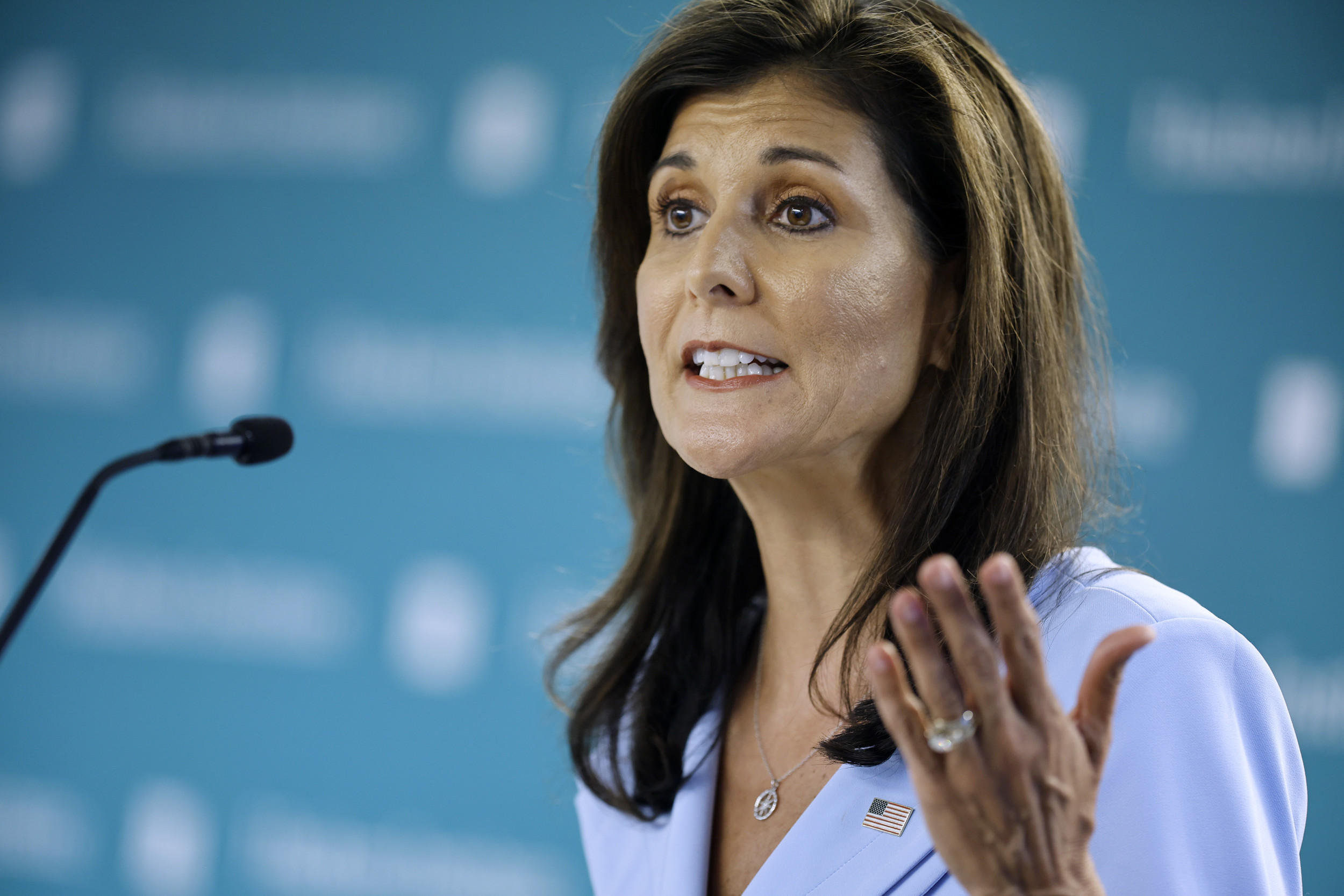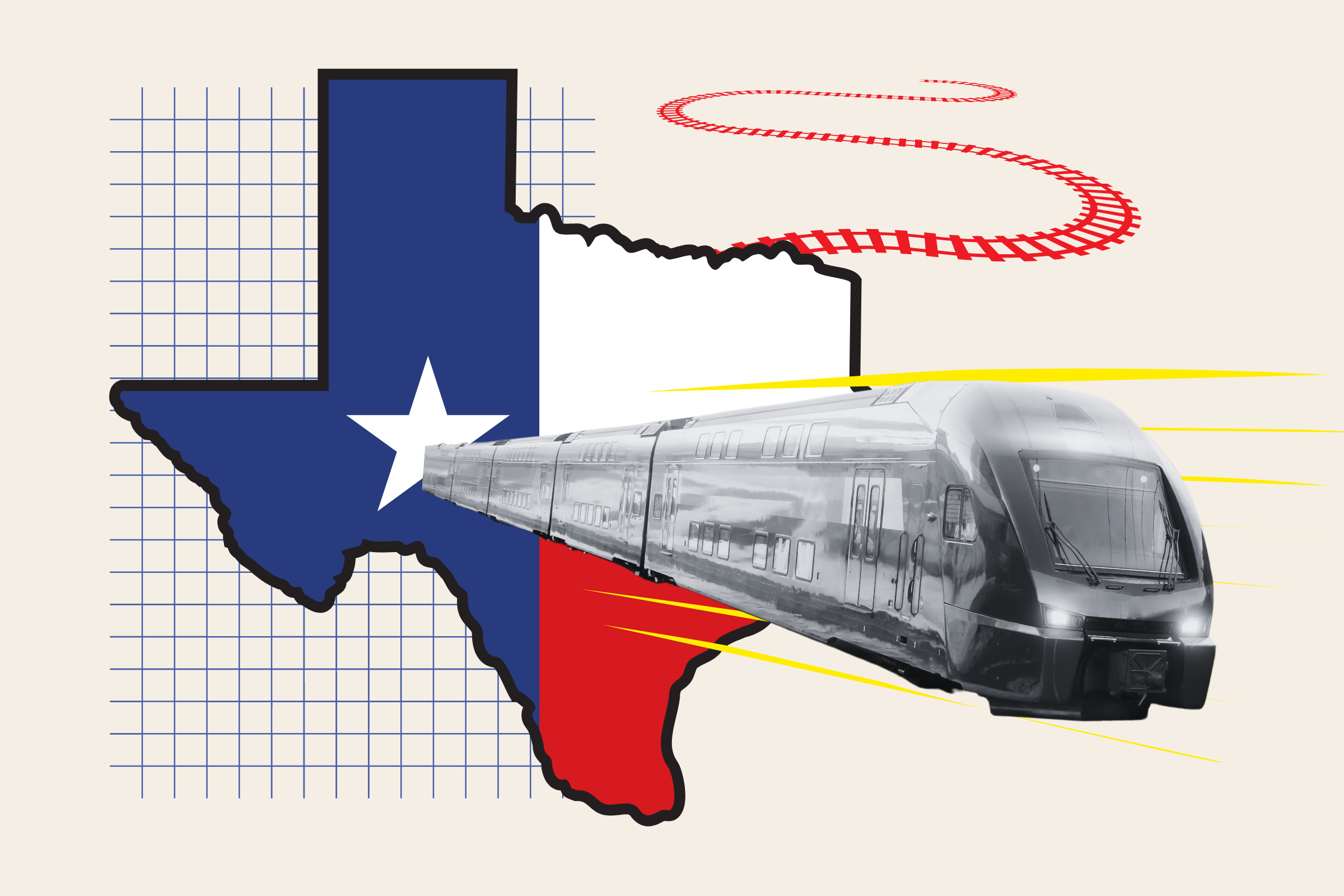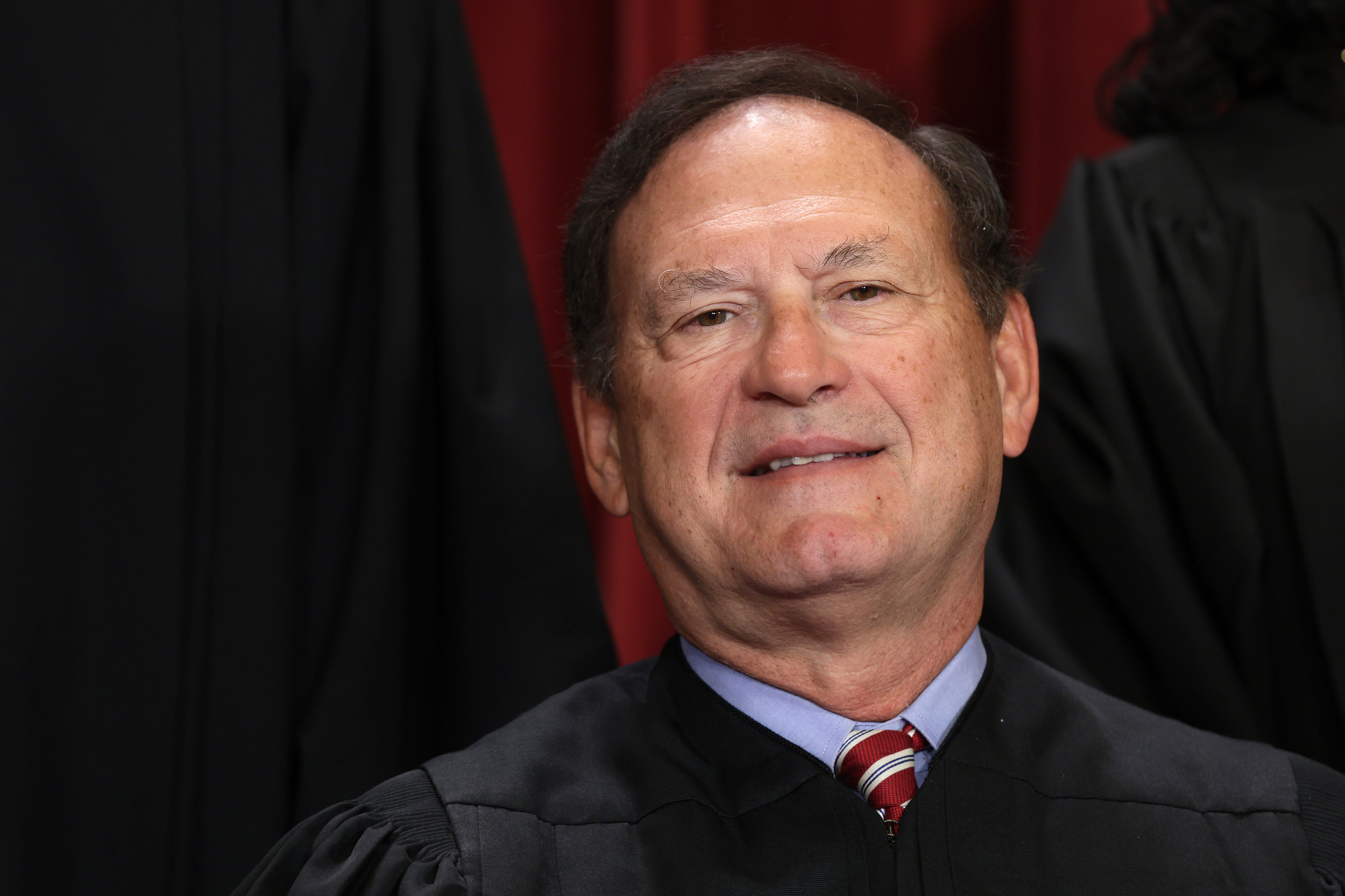As a teaching assistant back during the Ford administration, I assigned a paper on "A Christmas Carol," and one hulking, inarticulate kid turned in a crudely handwritten but magisterially argued essay. It began: "There is a current prejudice against fogs, and Dickens, perhaps, is their only poet." (I've long forgotten his name, but it wasn't--unfortunately for him--G. K. Chesterton.) This may have been the last time I felt a righteous certainty about the issue of plagiarism. Today just reading about it makes my head hurt. The accusations and the rationalizations. The outcry and the pooh-poohing. The outcry against the pooh-poohing. And those damn side-by-side passages (below).
But if I can get through the details of the Doris Kearns Goodwin scandal, so can you. First, here's the predictable second-paragraph contextualizing, about how our confidence in pop historians was already rocked to its very foundations by the news that Stephen Ambrose also plagiarized from other people's books. Ambrose's appropriations--among other examples, whole passages of his 2001 "The Wild Blue" were lifted from Thomas Childers's 1995 "Wings of Morning"--seem pretty shameless. He apologized and promised to correct future editions, but he also told The New York Times that "if I am writing up a passage and it is a story I want to tell and this story fits and a part of it is from other people's writing, I just type it up that way and put it in a footnote." That's not really the way you're supposed to do it.
But Goodwin's case is more complicated. She's both a Pulitzer Prize winner (for the 1994 "No Ordinary Time," about Franklin and Eleanor Roosevelt) and a popular and engaging media personage. She admits not properly marking quoted phrases and passages from several books in her 1987 "The Fitzgeralds and the Kennedys," but unlike Ambrose, she's chosen to defend her reputation for integrity. Her publisher, Simon & Schuster, has pulled and destroyed unsold copies of "The Fitzgeralds and the Kennedys," and she put research assistants to work finding other unmarked quotes and too-close paraphrases. Had she known there was a problem with the book? Yes. Not long after its publication, she paid a writer named Lynne McTaggart an undisclosed amount of money for having lifted material from McTaggart's book about Kathleen Kennedy. But that news didn't come out until this January; in February, Goodwin herself acknowledged other too-close paraphrases in "The Fitzgeralds" from other books. Since then, the fun just hasn't stopped. Goodwin was suspended from her PBS pundit gig on "The NewsHour With Jim Lehrer." The University of Delaware disinvited her as commencement speaker. And she recused herself from this year's Pulitzer Prize board deliberations. Last week she was spotted lunching with James Carville, political consultant for hire and coauthor of "Buck Up, Suck Up... And Come Back When You Foul Up." I called the house, breathless. False alarm. "Of course she's not retaining Carville for anything," said her husband, Kennedy-Johnson insider Dick Goodwin. "He's an old friend, we had lunch and that's about it. He's not on board with anything and not involved." Drat.
To tell you the truth, I was secretly relieved when Goodwin postponed our scheduled interview. Here's about how it would have gone. She would have told me, as she's already said repeatedly, that she'd mistaken her handwritten notes on the sources for her own prose. She would have pointed out that she'd always credited and footnoted the sources, so her intent couldn't have been to deceive. I would have sprung this zinger from the American Historical Association's statement on plagiarism: "A basic rule of good writing warns us against following our own paraphrased notes slavishly... Faced with charges of failing to acknowledge dependence on certain sources, a historian usually pleads that the lapse was inadvertent. This excuse will be easily disposed of if scholars take seriously the injunction to check their manuscripts against the underlying texts." Then she could have zinged me back by saying I'd lifted this off the History News Network's Web site's stuff on her. She reads about herself, too.
Goodwin did fax me a confounding document--a side-by-side comparison of side-by-side comparisons, if you follow me. On one hand, side-by-side comparisons by an accuser, journalist Philip Nobile, who juxtaposes passages from such books as Kenneth O'Donnell and David Powers's "Johnny, We Hardly Knew Ye" with passages from "The Fitzgeralds." On the other, Goodwin's own versions of these side-by-side passages. The implication: that while she needed to do some reworking, she was a wronged woman. I went at this stuff with a yellow highlight pen. My conclusion? A hell of a mess. And my head hurt. As Goodwin herself admitted, her paraphrases were too close, and she'd repeated some phrases verbatim. How bad they looked depended on how much other text you put around them. Nobile's had a little; Goodwin's had a lot. But the words at issue looked the same. Further conclusion: some spinning was going on, and it wasn't just my head.
I wanted to call up Thomas Mallon, whose 1989 "Stolen Words" is the definitive book on plagiarism, and ask him what I should think. He's great at spotting the perennial pathologies: the confusion about "notes," the tendency to repeat the offense, the apparent pointlessness of it--many plagiarists (Coleridge, for one) are gifted writers--and plagiarists' weird tendency to accuse others of plagiarism. (Rightly or not, my heart sank when I saw Goodwin had once accused Joe McGinniss of plagiarizing from "The Fitzgeralds.") Trouble is, a colleague called Mallon the last time we did a plagiarism story. Just goes to show you how hard originality is to come by.
Anyway, Mallon's a bit of a hard-liner. I can see it. But I can see it Goodwin's way, too. If you're a historian and you didn't actually witness this or that event, you reconstruct and retell it based on your own interviews, somebody else's printed account or both. In other words, you combine quotation with paraphrase, and it's not surprising when the two get mixed up--whether (in ascending order of heinousness) out of honest confusion, carelessness, laziness or dishonesty. What Goodwin did is small potatoes compared with my hapless student's trying to pass off Chesterton's essay as his own. Of course, he never got a six-figure book deal, either. I ran into him by chance, years later, waiting tables. For Goodwin, despite her current travails, I have an idea this is all going to end more happily.
Uncommon Knowledge
Newsweek is committed to challenging conventional wisdom and finding connections in the search for common ground.
Newsweek is committed to challenging conventional wisdom and finding connections in the search for common ground.





